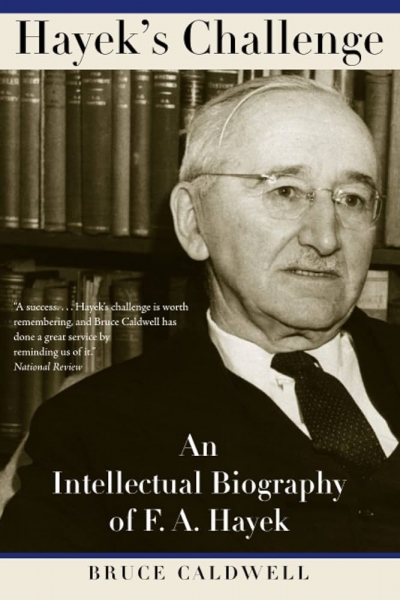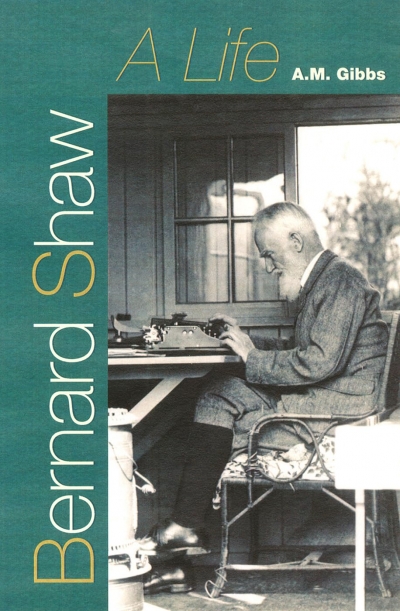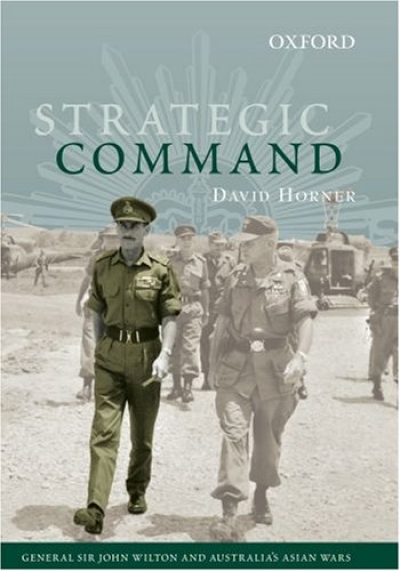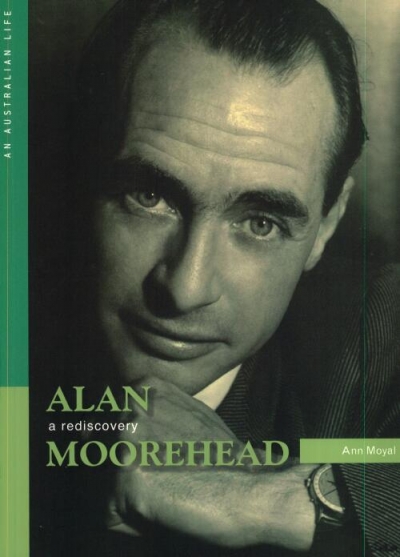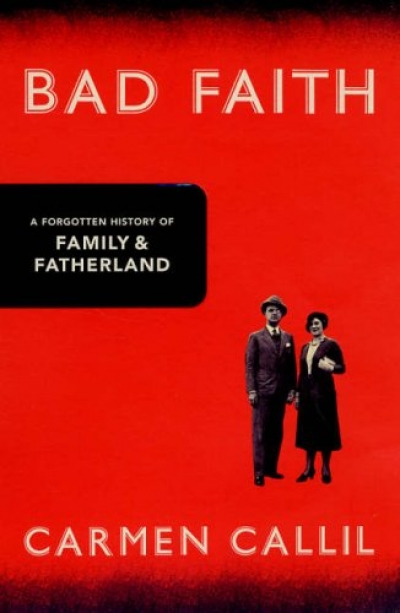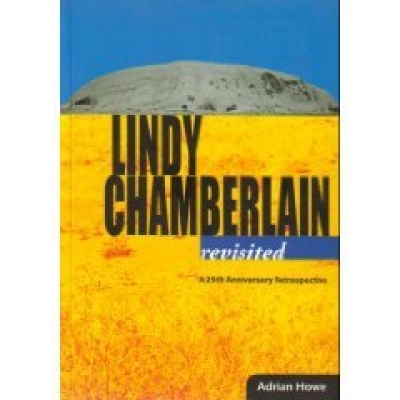Biography
Hayek’s Challenge: An intellectual biography of F.A. Hayek by Bruce Caldwell
by Simon Marginson •
Socialist Champion: Portrait of the gentleman as crusader by John Barnes
by Grant Bailey •
Strategic Command: General Sir John Wilton and Australia's Asian Wars by David Horner
by Peter Dennis •
Voyage and Landfall: The Art of Jan Senbergs by Patrick McCaughey
by Vivien Gaston •
Bad Faith: A Forgotten History of Family and Fatherland by Carmen Callil
by Colin Nettelbeck •
Lindy Chamberlain Revisited: A 25th Anniversary Retrospective by Adrian Howe
by Steve Gome •
Behind the News: A Biography of Peter Russo edited by Prue Torney-Parlicki
by Grant Bailey •

